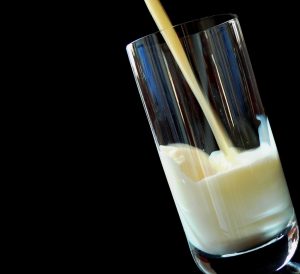Physicians once feared kidney damage as a result of too high protein intake, as protein breakdown results in the production of urea which the kidneys have to deal with, but the kidney can handle high protein even at a constant level.
Theoretically, an extremely high protein intake (3.5-4,5 g/kg/day) could cause damage to the body due to exceeding the livers capacity of converting nitrogen to urea, but this has not been able to be shown practically. A study published in 2015 (4) even concluded that a high protein intake (> 3,5 g/kg) could have positive effects on body composition.
One important thing to remember however, is to consume enough carbohydrates and fats along with your protein, as getting >35% of your energy from protein could result in ”rabbit starvation” syndrome with symptoms such as nausea, diarrhea, and even death (this is however, sparsely documented and probably only applicable in very high protein doses).
This is of course only applicable for those with normal kidney function. People with kidney failure need to limit protein intake to avoid the build-up of nitrogenous substances.
Sources:
1. Martin WF et al. Dietary protein intake and renal function. Nutr Metab (Lond). 2005 Sep 20;2:25.
2. Campbell B et al. International Society of Sports Nutrition position stand: protein and exercise. J Int Soc Sports Nutr. 2007 Sep 26;4:8.
3. Bilsborough S1, Mann N. A review of issues of dietary protein intake in humans. Int J Sport Nutr Exerc Metab. 2006 Apr;16(2):129-52.
4. Jose Antonio. A high protein diet (3.4 g/kg/d) combined with a heavy resistance training program improves body composition in healthy trained men and women – a follow-up investigation. Journal of the International Society of Sports Nutrition 2015, 12:39.



